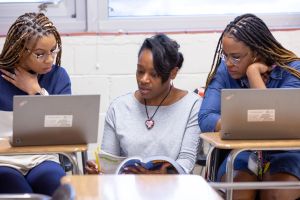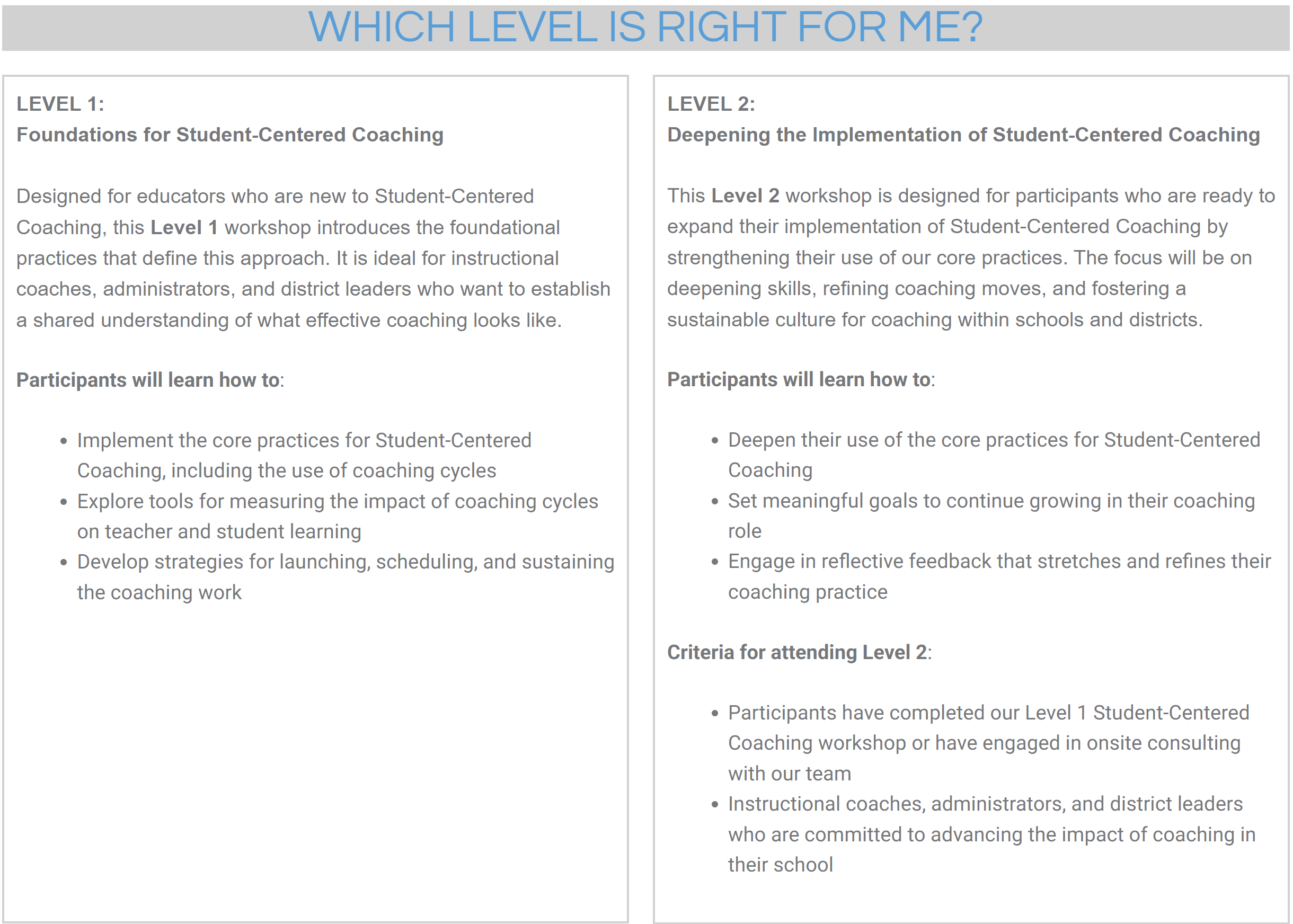If I were to ask you the top skills you use on a daily basis, I’d be willing to bet they wouldn’t include writing geometric proofs, organizing a persuasive essay, or listing the elements in the periodic table. Now, that’s not to say that you’ll never use those skills – or any academic skills, for that matter. All academic learning has benefit, if for no reason other than developing critical thinking, organizational, and problem-solving skills. But what are the life skills every student will use on a daily basis? And how can we make time for them in our classrooms to better prepare students for the road ahead?
What are the life skills every student will use on a daily basis? And how can we make time for them in our classrooms to better prepare students for the road ahead?”
EVERFI is a great tool for hitting some of these skills in a variety of settings. The online lessons are totally free for teachers and done online by the students, making them very flexible. Need a quick sub plan? Students work through the lessons independently, so it makes it easy for a sub to facilitate. Have a quick 10 minutes at the end of class? Student progress saves, so they can work through lessons in small chunks. Need an activity for an E-learning day? Students can access EVERFI lessons from any device with internet access. Want to introduce or reinforce key life skills without having to prepare the lesson yourself? EVERFI lessons are focused on real world skills and they’re ready to go when you are. And yes – they’re really, completely free!
Here are four life skills that top my list, and a few free lessons to help students develop them – share your top skills in the comments!
1. Financial Skills
The Need: From earning income to paying bills, there’s no getting around it – everyone has to deal with money. So much of financial success rides on individual choices made by young adults. Without adequate financial knowledge, young people can unwittingly hinder their future success with just a few quick decisions. We should be preparing our students to make these decisions responsibly – taking out as little as possible in student loans, avoiding consumer debt, taking advantage of compound interest by starting to save for the future early, and more. I took a personal finance class in high school and still didn’t really understand how to use a working budget until I was 30 years old. One class is not enough! Students need access to financial education regularly, revisiting familiar concepts in different contexts throughout elementary, middle, and high school to ensure a deeper understanding, encouraging application and practice.
Resources: EVERFI has an extensive library of financial lessons for students in grades 4-12. My favorites are Vault: Understanding Money (grades 4-6), FutureSmart: Financial Literacy for Middle School (grades 6-8), and EVERFI: Financial Literacy for High School (grades 9-12). The lessons are free and done independently by students (with progress reports for teachers!), making them super flexible to use in a variety of situations.
2. Mental and Emotional Skills
The Need: Between the rise of social media, a global pandemic, and increased civil unrest, there’s a lot of tough stuff to process these days. All of us need the skills to understand our emotions, coping strategies to manage them, and a clear understanding of how and when to get help. We should be helping our students learn how to work through obstacles and manage stress. We should be helping them learn how to trust and advocate for themselves and others along the way.
Resources: I love Character Playbook (grades 6-9) and Understanding Mental Wellness (grades 8-12) for hitting some of these important topics like self-regulation, stress management, and seeking/offering support.
3. People Skills
The Need: We don’t need to look much further than social media or the news to see that all of us could benefit from a refresher on how to respect and live in community with those we may not agree with. Add on top of that the effects of several years of isolation during the pandemic, and our students could really use a boost in interpersonal skills. Not just the basics like eye contact and respectful language, but also feeling and demonstrating empathy for others, seeking to understand differing viewpoints and experiences, and communicating thoughts and opinions in a way that encourages growth in community, rather than division.
Resources: We can start these conversations young with The Compassion Project (grades 2-5) and reinforce them throughout older grades with Character Playbook: Building Healthy Relationships (grades 6-9) and Honor Code: Bullying Prevention (grades 8-12). 306: Continuing the Story and BINAH: Building Insights to Navigate Antisemitism and Hate (grades 9-12) are great for helping students better understand a variety of cultures.
4. Career Readiness Skills

The Need: Beyond just good social skills, we need to equip students with the skills to be successful within the job market. What should you be evaluating when considering careers – earning potential, lifestyle fit, job availability, education requirements, etc.? How do you make a good impression when job searching? How do you work collaboratively in a professional setting? How can you grow within your career? Personally, after 3 years of applying to my chosen major without success, I turned to my back-up plan to realize I didn’t have the prerequisites in place to pursue it. I was already a junior, and at that point, I just wanted to choose something that I could finish quickly. I wish I’d had someone to help me strategically evaluate several options, so I had a few plans in place, rather than just a few ideas that I wasn’t actually prepared to pursue. My focus was narrow, and I missed out on some opportunities because of it.
Resources: Vault (grades 4-6) and FutureSmart (grades 6-8) has a great lesson focused on choosing a career path and taking the steps to prepare for it. I love Endeavor: STEM Career Exploration (grades 6-9) and Accounting Careers: Limitless Opportunities (grades 9-12) for introducing students to new careers they may not have considered before. Keys to Your Future: College and Career Readiness (grades 9-12) is a great tool to help students with a variety of career readiness skills from choosing a path to networking and time management.
“It will take an ongoing, collaborative effort to prioritize skills all students need.”
No one teacher or one class is going to prepare students for life beyond the classroom. It will take an ongoing, collaborative effort to prioritize skills all students need. As we do so, our students will be better prepared to participate in our communities as happy, healthy, and productive citizens.
Resources
Please login or register to claim PGPs.
Alternatively, you may use the PGP Request Form if you prefer to not register an account.




